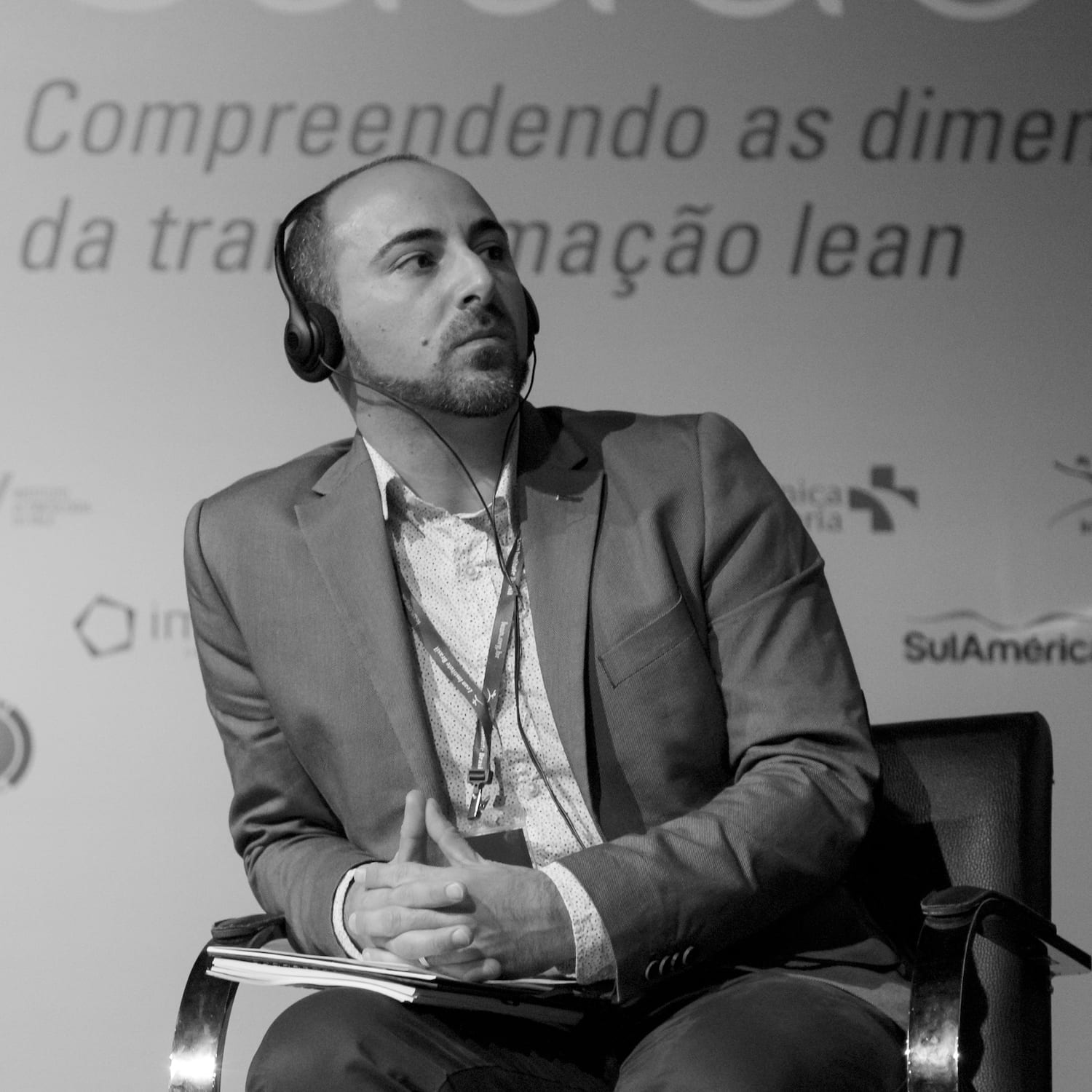
What is respect for people?
ROUNDUP – Our editor reflects on the all-important lean concept of “respect for people” and shares some of the best content published by Planet Lean on the subject.
Words: Roberto Priolo, Editor, Planet Lean
While watching a current affairs program on Italian TV a couple of weeks ago, I heard the story of the 422 workers of a manufacturing plant near Florence, who were fired completely out of the blue, with an email, on July 9th after been given the day off. The British hedge fund controlling this factory, which manufactures axle shafts for the car industry, had decided to move production to Poland.
Was this move a result of the site bleeding money? Was the factory in trouble? Not really. According to an official question Belgian MEP Marc Botenga submitted to the European Commission (in recent years, the company has received EU funds), the layoffs happened even though in Q1 2021 the Italian plant experience a 7% increase in revenue on the previous quarter and 14% more than budget forecasts. The workers, too, say that the factory is profitable.
The company maintains that the reason for the sale of the factory is a downward trend in the automotive sector, the pandemic as well as an increase in the demand for electric vehicles – a justification that, according to the FIM-CISL union, doesn’t hold, since a sizeable investment in new equipment had been made recently. At the end of September, the Labor Court of Florence blocked the redundancies. We’ll see how the situation unfolds.
In the meantime, the story of this factory has snowballed into a debate on the future of car manufacturing in Italy, on off-shoring and – more in general – on capitalism as we know it. One of the interviewed operators told the reporter that she felt anger “at an unfair system that disrespects people, an invisible enemy I can’t see nor talk to who has the right to easily get into my house.” She likened this speculative operation to Covid-19.
When I hear stories like this, I can’t help but think of how Toyota handled the closure of its Australian manufacturing plant near Melbourne (a choice it was forced to make after years spent looking for a viable alternative) back in 2017. On that occasion, the news had been delivered to staff by the Chairman of Toyota himself and the timeline for the closure set at five years. A task force was put in place to ensure that no one would be left behind (early retirement, upskilling and reskilling being some of the solutions identified). The comparison with the treatment the Italian workers received couldn’t be more unforgiving and tells us loads about why Lean Thinking is so different and – in many ways – disruptive.
At the heart of lean lies respect for people, which is of course one of the two pillars of the Toyota house (the other being continuous improvement). As a concept, “respect for people” is seemingly open to interpretation. However, in our lean world, respecting people means to listen to the obstacles they encounter in their daily work, to give them the tools they need to do their job well, and to empower them to become autonomous in solving their problems.
According to Mike Hoseus (full interview here), “The Toyota house has two pillars: continuous improvement and respect for people. Too many practitioners focus on the former and tend to neglect the latter, which is when the house normally collapses. The two really must go hand in hand. At front-line level, however, respect for people expresses itself through servant leadership.”
Finding leaders truly practicing servant leadership is easier said than done, partly because business schools are largely still married to a “command and control” management model. When you do find one, however, it becomes hard to imagine there is any other way to lead. One of my favorite lean leaders, someone who approaches management with humility and with an open heart, is Sharon Visser. In a recent article, Sharon mentioned time and time again how during her gemba walks she made a point of greeting and talking to workers across the organization. As anecdotal as it may sound, this simple action speaks volumes of the kind of leadership Sharon practices. When, years ago, she became Principal of the Toyota Halfway dealership in Maun, Botswana, she took the time to meet with every single worker in the organization to listen to their fears and worries following the acquisition of the company. It was because of this humble approach that Sharon was able to lead a successful lean transformation at the dealership. (Her upcoming book – Lean Houses for Dragons – tells this story and I highly recommend you read it. At the bottom of this page, you can register your interest to be notified as soon as the title comes out.)
Another wonderful lean leader I have across is Carlos Frederico Pinto (we affectionately call him "Dr Fred"). Not only has Dr Fred pioneered the use of lean thinking in healthcare in Brazil and led one of the most impressive lean transformations I have come across, he is also a shining example of someone who lives and breathes respect for people in his daily life. As a leader, he is present at the gemba every day, coaching people as they strive to improve processes and outcomes for cancer patients. “What I learned since discovering lean is that you can only be effective as a CEO if you spend your time at the gemba with a clear purpose,” he says here. Showing up and being there for people is the most respectful a leader can do.
Even though they all come back to the description I provided above, there are several layers to the idea of respect for people. On the shop floor, respect for people expresses itself in the drive management shows to make the work easier for those creating value. As Mark Reich writes here, “One of fundamental tenets of Lean Thinking is taking care of people, and poorly designed work is not only a form of waste. It’s also hugely disrespectful.”
At company level, respect for people means – among other things – to provide stable, fulfilling jobs that make people feel secure and tap into their full potential. In this piece, Jim Womack writes: “The lean employer strives to protect and retain employees because creating ever more value for customers with ever less waste (the definition of “lean”) is a long-term team sport. It can only work when long-term employees are learning together how to do better. […] Toyota employees steadily create more value using fewer resources by jointly seeing waste and removing it and Toyota retains financial reserves created by its highly skilled employees to protect them going forward.”
Respect for people is a promise a good employer makes to its employees, which – as Jim explains – makes very good business sense. According to Robson Gouveia, “When people are happy, feel safe and supported, they become more productive, make better use of their creativity, and are more likely to experiment, which are all elements that can make or break a lean transformation.” (Full article here).
Respect for people, however, is not limited to the four walls of an organization. Organizations are also meant to respect their customers, society, and the environment. As Jim Womack writes in another article: “Creating better and more secure jobs for everyone by improving the work of every worker and the systems that stabilize those jobs puts our message in a broader social context. We will be talking about what’s good for society, not just what’s good for individual businesses and their owners.”
Respecting the people our organizations serve means to save a customer time or money (for instance preventing them from having to jump through hoops just to take from us the value they are expecting), and to deliver products and services to them hassle-free. In a recent piece for PL, Paloma Rubinato Perez describes how the optimization of the chemotherapy process in a Brazilian hospital saved a patient hours each week, which he can now spend with his family and doing the things he enjoys. I struggle to anything more respectful, and important.
From a societal point of view, respect for people means for a company to recognize its impact on the community around it and on the environment and try to limit it as much as possible. When truly embraced and widely and correctly adopted, respect for people – and, therefore, Lean Thinking – can put an end to predatory capitalism and usher in a new paradigm, as described by Dan Jones, one that moves “beyond exploitation”. Or, to put it like Rose Heathcote and Eivind Reke (read it here), one that allows for prosperity rather than profiteering.
Respect for people can – and should – represent the foundation of the system governing our way of living and interacting as members of society (whether individuals or organizations). If we truly make it part of our modus operandi, there is no limit to what we can achieve and to our ability to solve problems – no matter how big and scary they might look. Poverty, the climate crisis, inequality… all of these can be tackled with solutions that put respect for humans and for the planet at the heart of our actions.
THE AUTHOR

Read more


FEATURE – Looking at successful journeys, the authors explain why a true lean transformation requires a chain of mentoring in TPS to fulfil the promise of each person’s individual learning.


INTERVIEW – After transitioning from agile to lean kanban, French insurance comparison company LesFurets.com has found in lean management an ever stronger foundation for value creation.


FEATURE – In this article, we learn how a simple andon system and lean problem solving helped Theodo move past some of the most common obstacles that Agile alone can’t overcome.


PROFILE – The leader we profile today has a holistic view of the digital world. He brought Agile to Australia, and after embracing lean thinking he has helped to make REA Group one of the country's best digital brands.

